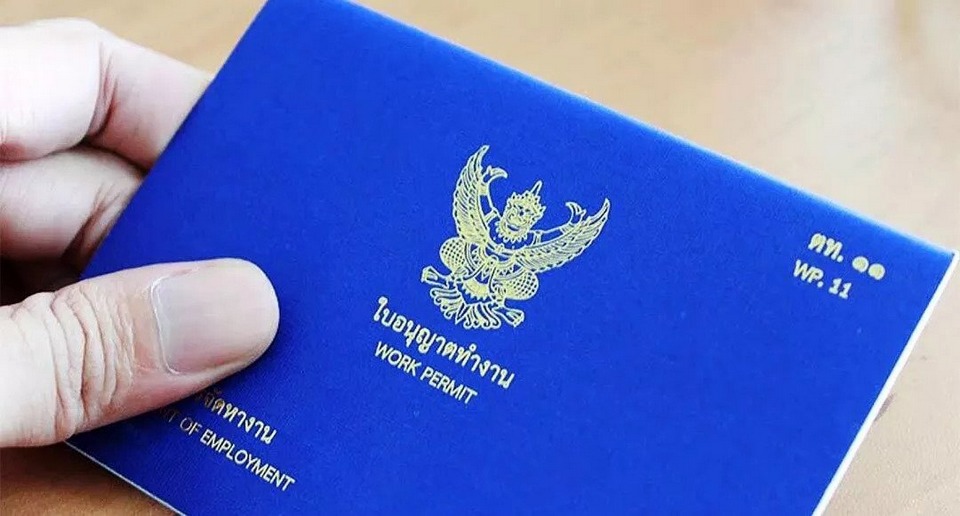
Although the immigration bureau is perceived as the main agency for catching foreigners snatching Thai jobs, the Department of Employment (DoE) has its own teams of investigators. Their October 2022-March 2023 report says 685 employment venues were prosecuted and a total of 1,550 people prosecuted, the majority being economic migrants from Myanmar, Cambodia and Laos who had entered Thailand without registration. Indians and Vietnamese also figured prominently in the cases.
The number of Europeans, Americans and Australians arrested during this period by DoE officers was very small and around 20 individuals. This may have been because the inspection appears to have been principally aimed at illegal working in selling goods, hairdressing, driving vehicles and massage. These are activities popular with Asian economic migrants. However, the report does not include arrests by immigration police during the six months period. Immigration command does not routinely produce statistics on its arrests.
Phairoj Chotikasatien, director general of DoE, said foreign workers were subject to changes in the regulations in 2017 which listed the 40 employment skills strictly reserved to Thais and mandated fines and deportation for foreign defaulters. Fines for businesses which offer employment without authorized permits vary from 10,000 baht to 200,000 baht per worker. The director general pointed out that the inspections were nationwide and included Bangkok, Phuket, Samui, Chiang Mai and Pattaya.
Work permit regulations were relaxed somewhat in 2017 by royal decree. Businessmen no longer need a permit to attend meetings, to participate in sports or to arrange exhibitions as long as they are not “regular”. High tech specialists qualify for the 4-year Smart visa which does not require a separate work permit. In October 2022, the Board of Investment introduced a 10-year visa which includes a digital work permit as part of the deal.
A Chonburi immigration spokesperson said most Europeans working without authorization were involved in teaching class or running bars, restaurants and sports venues. Other areas of concern at seaside resorts were foreign taxi drivers and tour guides. She said that immigration staff worked with other agencies, including the Ministry of Labour, but conducted independent investigations as well. The immigration bureau is also responsible for tracking overstay foreigners, those who do not report their local address and alien groups involved in illegal activities such as “boiler rooms” or call centers designed to cheat savers of their bank account cash.





